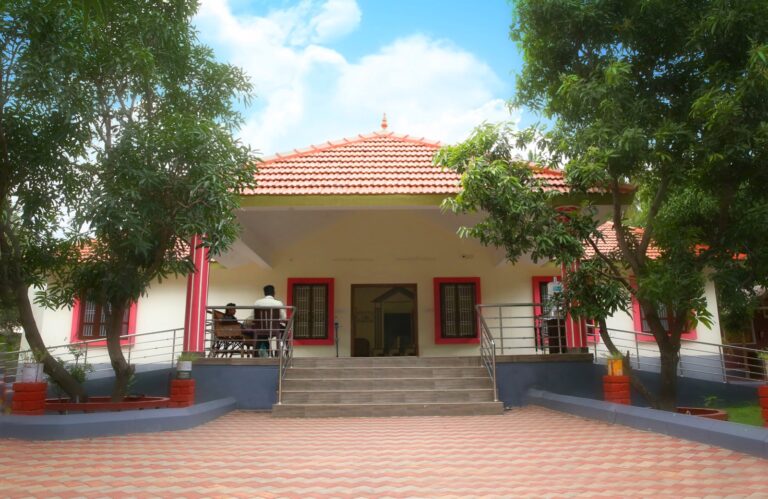"The Human body is made of various natural elements and healing it with the natural medicines, is indeed a privilege to its existence"

The Entrance of Heritage for the Natural Cure
Siddhars believed that a healthy soul can only be evolved through a healthy body.
One of the Ancient Methodology of Treatment which was diligently practiced and followed by the Siddhars in South India, for the natural treatment of diseases, is now proudly called as “The Siddha System of Medicine”. Siddha literature is in Tamil and it is practiced by Tamil speaking parts of India and abroad. The Siddha system is largely therapeutic in nature. According to tradition, the origin of Siddha system of medicine is attributed to the great Siddha ‘Agasthiyar’. The Siddha system is capable of treating all types of diseases effectively with a gradual healing to the root cause of the ailments, the only exception being the emergency cases.
There exists a myth in recent years the Siddha medicines do not have methodology to check quality and standard of medicines, these medicines don’t have shelve life period concept, not a safe medicine as these contains metals and minerals etc. The Siddha actually consists of purely natural entities as medicines derived from plants, herbs etc. which is used for treatment from the past. Have a glance at our FAQ for the clarifications and Patient Testimonials as acknowledgement.
